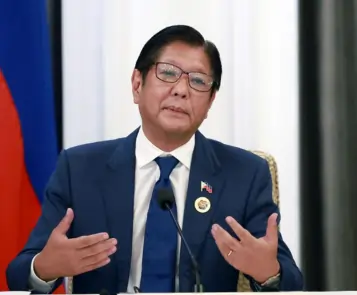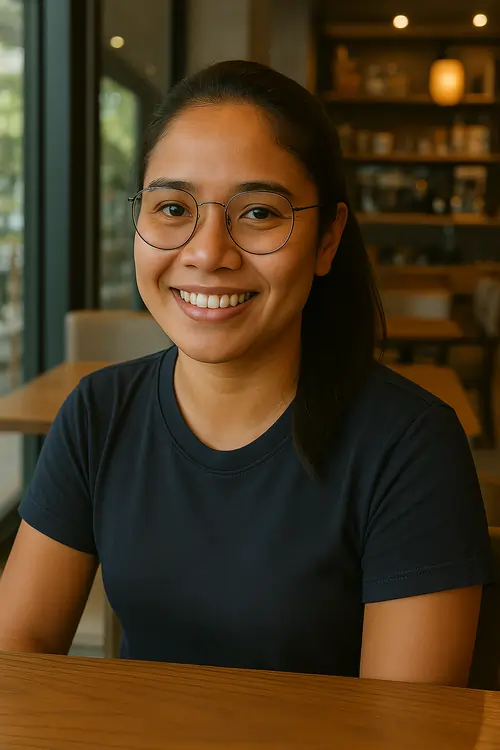Marcos Enacts ETEEAP Law to Help Workers Earn Degrees
By Inday Marisol | June 16, 2025

Table of Contents
Law Institutionalizes The Expanded Tertiary Education Equivalency And Accreditation Program
Manila, Philippines — President Ferdinand “Bongbong” Marcos Jr. has signed into law the measure institutionalizing the Expanded Tertiary Education Equivalency and Accreditation Program (ETEEAP), describing it as a “second chance” for Filipinos to earn a college degree without leaving the workforce.
Speaking at the ceremonial signing at Malacañang, Marcos emphasized the program’s importance in empowering adult learners and non-traditional students.
“This is for every Filipino who was forced to stop schooling to work, raise a family, or serve in other ways. The ETEEAP Act recognizes real-life experience as valid academic credit,” Marcos said.
What is ETEEAP?
The ETEEAP allows individuals with significant work experience, skills training, or informal education to earn college degrees by having their competencies evaluated and credited toward academic requirements.
Under the newly signed law, the program will now have a stronger legal and funding framework, making it more accessible across accredited higher education institutions.
Who Qualifies?
To apply for ETEEAP, individuals must meet criteria including:
- At least five years of work experience relevant to the degree
- Completion of secondary education
- A demonstrable level of expertise in their chosen field
Accredited universities will be responsible for assessing applicants’ work portfolios, conducting validation exams, and offering bridging courses as needed.
Support From the Education Sector
The Commission on Higher Education (CHED) welcomed the move, saying the law will open doors for returning overseas Filipino workers (OFWs), career shifters, and adult learners.
“This law makes higher education more inclusive and responsive to real-world experience,” CHED Chairperson Prospero de Vera III said.
A Boost For Lifelong Learning
President Marcos framed the ETEEAP Act as part of a broader agenda to promote lifelong learning, employability, and professional mobility, especially in a rapidly evolving labor market.
“Education should not be limited to classrooms or age brackets. We now formally recognize that learning happens everywhere, all the time,” he said.
Sources
- Office of the President of the Philippines
- Commission on Higher Education (CHED)
- CHED Memorandum Orders – ETEEAP Guidelines
- Presidential Communications Office Press Release (June 2025)

Maria Sollen Castor, known as “Inday Marisol,” is a skilled and experienced content writer. Renowned for her engaging and authentic style, she crafts compelling content that connects with readers and resonates across platforms.
